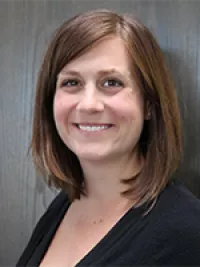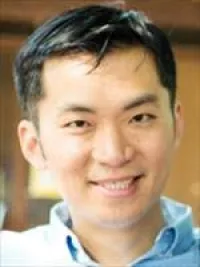Call for Proposals
This grant is currently not accepting applications
Apply Now
Description
Tackling complex problems of disease diagnosis, treatment, and care delivery often requires a multi-disciplinary approach that integrates expertise in a team format. In addition, the NIH and other large funders are increasingly supporting large team-science proposals, which often require more planning and writing time to coordinate teams across sites/disciplines and generate scientific aims with the highest potential for impact.
Therefore, the UCSF Department of Medicine will leverage its breadth and depth of research across divisions and campuses by offering grants of up to $100,000 for a period of 12 months to spur the development of new grant submissions with meaningful collaborations across disciplines and campuses. The ultimate goal of this DOM planning grant is to seed collaboration between our Department faculty members that will lead to a 2020 submission for extramural multi-disciplinary science funding. Ideal proposals should involve a team of experts that span medical disciplines as well as the spectrum of basic, translational/clinical, and/or dissemination/implementation sciences. Collaboration across the different clinical sites of the DOM (UCSF, ZSFG/SFHN, VA) is also highly encouraged. We expect to fund one project in this initial round.
Within these parameters, the funds may be used to:
- Support salary (faculty and staff with primary DOM affiliation) effort towards the assembly of the research team;
- Analyze existing data or collect small amounts of pilot data;
- Integrate databases across campuses or disciplines;
- Establish mechanisms for communication and leadership structures, and;
- Submit a final extramural grant submission, especially large grants via P and U mechanisms.
Examples of multi-disciplinary proposals may include, but are not limited to:
- Integrating metagenomic data from lung washings of HIV patients to build clinical prediction models for opportunistic infections and lung function decline
- Developing psychological frailty scores to study its correlation with medication compliance in post-transplant patients across different organs
- Utilizing single cell genomics analysis of peripheral blood mononuclear cells to identify cell-type specific changes in lupus flares
- Rigorous implementation science investigation of the adaptation, fidelity, and roll out of evidence-based practice(s) from one healthcare system to another (e.g., ZSFG to UCSF Health)
- Establishing a new team to propose new ways to evaluate a multi-level intervention involving multiple clinical divisions (e.g., post-discharge care for patients with heart failure)
Given the short duration of this grant and possible overlap with other DOM initiatives, this award is NOT intended to:
- Fund large data collection efforts
- Support the costs of publication or presentation of research results.
- Support teams with extensive previous experience publishing and submitting grants together (i.e., those with previous joint publications or grant submissions)
- Support the development of new cohorts
Eligibility
Criteria for Review/Evaluations of Applications
Application Process
Meet the Team
Program Co-Directors
Courtney Lyles, PhD is an Associate Professor in the UC
SF Division of General Internal Medicine at Zuckerberg San Francisco General Hospital, the UCSF Center for Vulnerable Populations, and the Department of Epidemiology and Biostatistics. A trained health services researcher, she uses quantitative and qualitative methods to examine quality of care, health behavior, and health outcomes. She is also an Associate Director of the UCSF program Implementation Science program based in the Department of Epidemiology and Biostatistics. Finally, she holds an affiliate investigator appointment at the Kaiser Permanente Northern California Division of Research.Tien Peng, MD is an Assistant Professor in the UCSF Health Division of Pulmonary. His lab, the Peng Lab, is interested in how the mesenchymal compartment integrates extracellular cues to modify the niche, with a focus on the niche supporting resident tissue stem cells. His team utilizes complex murine genetic models and human specimen to interrogate how mesenchymal compartments maintain organ homeostasis, initiate disease, and drive tissue aging. Tien is a pulmonologist by training and the lab utilizes the lung as a model organ due to its immense cellular diversity and architectural complexity.


